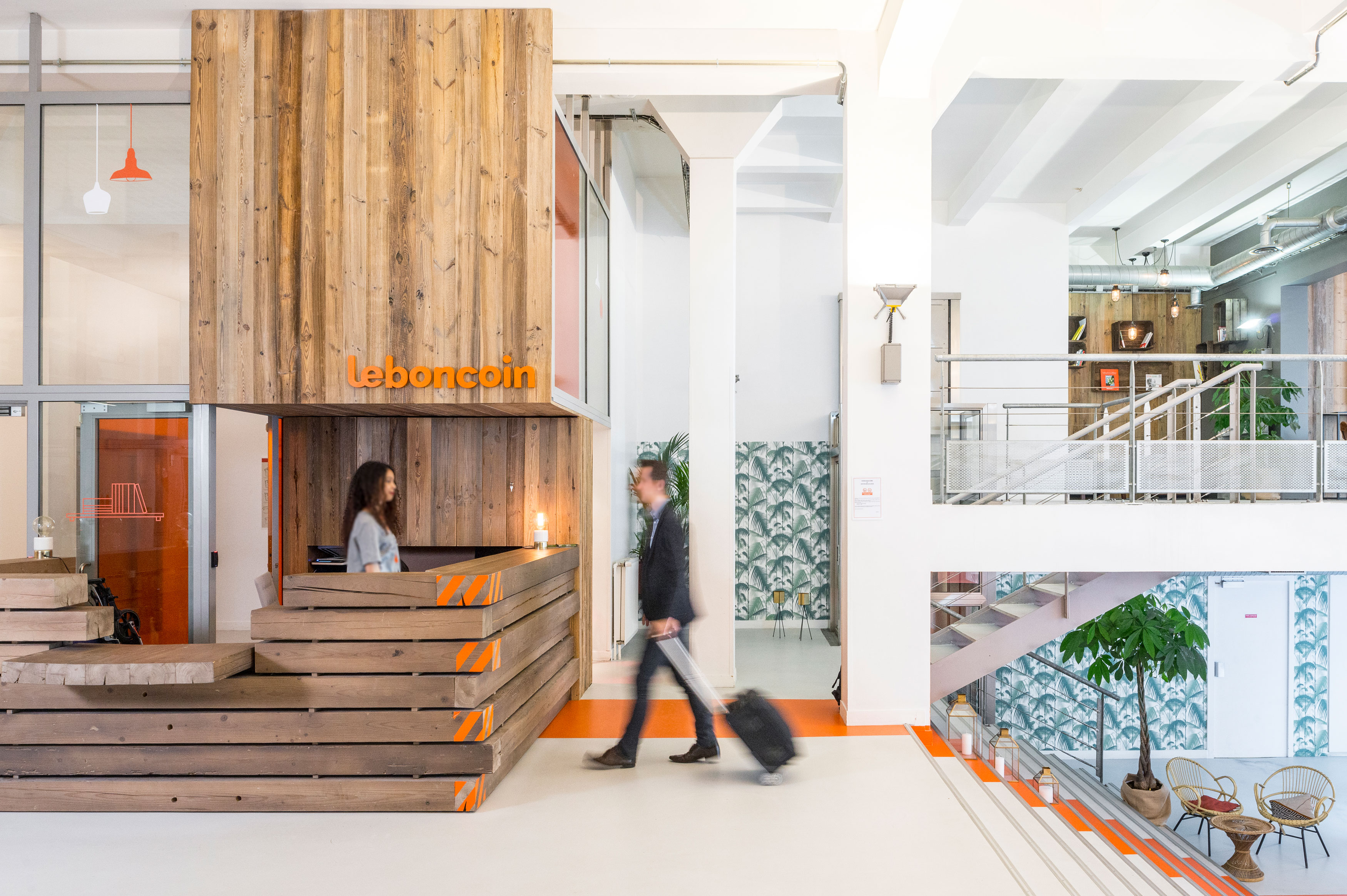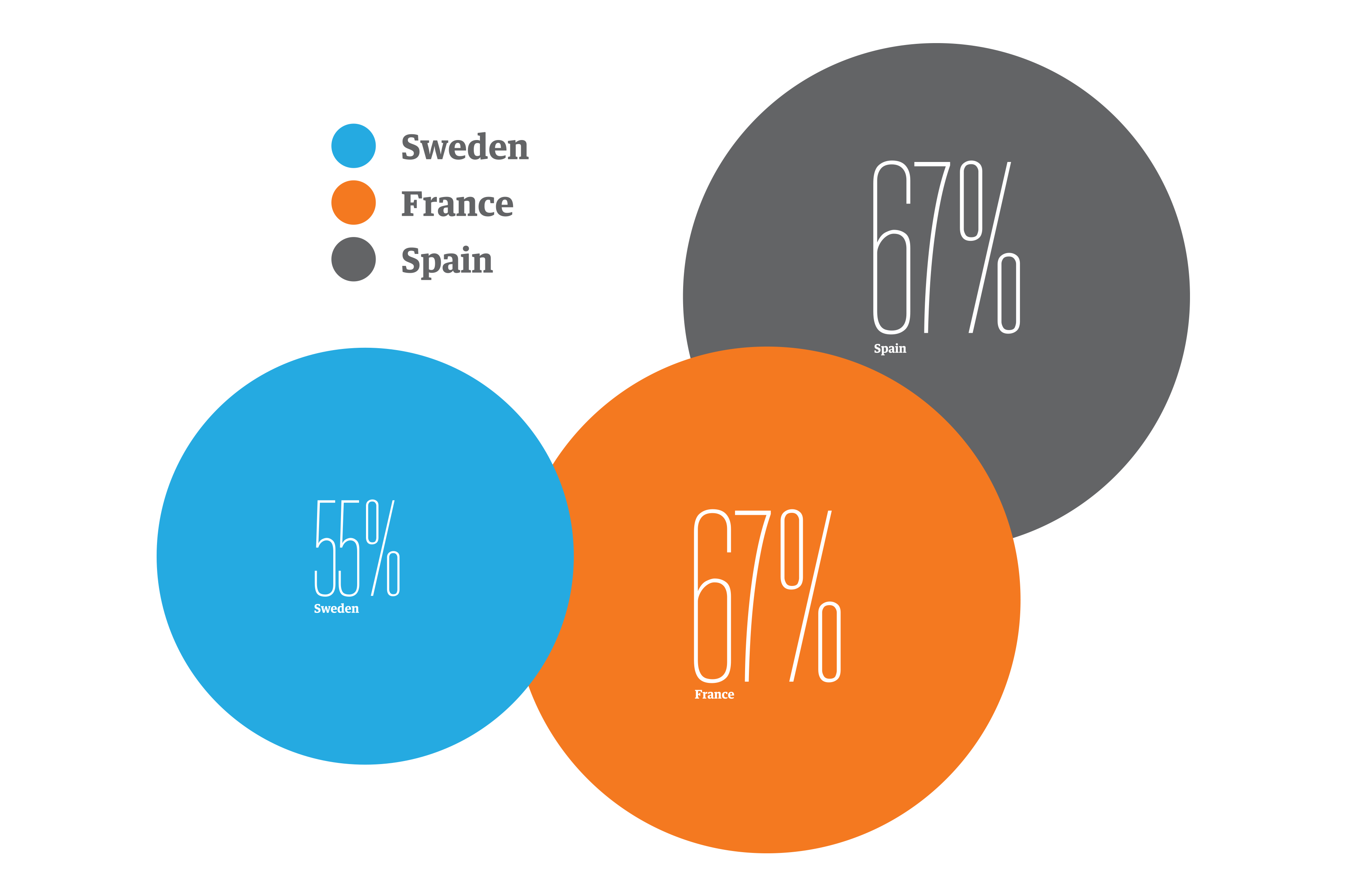Move over, millennials – gen Z is here

Move over, millennials – gen Z is here
In 2015, millennials overtook both baby boomers and Generation X, becoming the largest share of the US workforce. But who is the new generation after the millennials and what can we expect from it?
Generation Z is typically defined as those born between 1995 and 2009, and we are already discovering that as businesses we may need to alter our approach to recruit, lead and market to this new generation. Generation Zers outnumber their millennial predecessors and they will likely not have just one career, but instead alternate between different careers, transiently. Money is often not the main object but instead the human and social connection, where they get to work with an empire of young people doing cool stuff. For Generation Z, it’s Snapchat, Instagram and Whisper rather than Facebook, Twitter and selfies that characterized millennials. “We absorb information instantaneously and lose interest just as fast”, reports a soon to be graduate. She is very concerned about her brand and more importantly her privacy having seen her older sibling be overly generous in how much he “posts on Facebook”. This is why she prefers Snapchat where images disappear as fast as they arrive.
Children of a post 9/11 world
So, what are the major differences between the millennials and Generation Z? Generation Z’s outlook is shaped differently, they have grown up in a post 9/11 world and in an era of economic volatility. Single sex marriage is now legal. The UK is on its second female prime minister and the US has had its first African American president and all of this is taken for granted. Without overgeneralizing they seem to be more conscientious, hardworking and mindful of the future world. They were raised by Generation Xers, who also experienced times of equal volatility and who value safety more highly. A Sparks and Honey trend report asserts that, as a cohort, this new generation appears more “mature and in control”. What do businesses need to be aware of in their approach to recruiting Generation Zers that may be subtlety different compared to previous years? “Subtle” is the key word here, as many of the elements below are not necessarily at odds with what we know of our millennials.
- Even more technology driven. Our Generation Zers have different expectations of a workplace, fully enabled by technology.
- Even more global. All businesses have the capacity to be global with virtual teams that create new levels of workforce flexibility. Despite Brexit and the US presidential election having us believe in the rise of nationalism, our Generation Zers will value diversity and inclusion as vital elements for growing businesses and societies.
- Entrepreneurial. This generation is “multi-potential” and therefore contributing to our growing gig economy – which may pose problems for corporate culture creation as we look to distinguish our businesses from others in the growing war for talent.
- Prudence and pragmatism. Growing up in global recessions with increased student debt, this generation is aware of the need to develop relevant skills that businesses will value in the workplace and in return they expect structure, professional development, mentorship and career advancement – and fast!
- Communication. Over 50 percent of our Generation Zers value face to face communication over other forms. This is in sharp contrast to the millennials so perhaps as employers we will see an increased capability in this area.
- Disruption. In a world where hackers are respected, they see the word “disruptive” as a more positive characteristic that should be encouraged.
- Less focused and split-tasking. Shorter attention spans will likely disrupt current workflows. How work is allocated and completed in a multi device environment will need to be considered by businesses when designing future roles and defining business processes.
“Less self centered and entitled, and instead collaborative, accountable and eager to learn.”
I am constantly impressed at how graduates seek to make a difference and assume ownership of ambitious projects. They are less self centered and entitled, and instead collaborative, accountable and eager to learn and contribute to the business agenda. Although some future aspects may be sharper in relation to Generation Z, there are many traits that they share with their predecessors. They both assimilate information and networks much quicker than previous generations, they care deeply about ethical leadership in relation to the environment and society.
Millenials worry about online integrity

Millenials worry about online integrity
Millennials are aware that the data they leave behind is valuable – and they worry about how it is used. Future Report has compared their online habits in Sweden, France and Spain.
Millennials are the first generation to grow up surrounded by mobile technology and social media. They live in the moment and have been described as unattached, connected, free and idealistic. They also do their business in a time where personal data is currency. So, what are their view on integrity and privacy online? In this year’s edition of Future Report we find that Millennials in Sweden, Spain and France do care about their online privacy and that they do worry about integrity online.
67% of Spanish and French millennials in our survey said that they worry that the information they provide on social media can be used to influence political views.
Millennials’ digital lifestyle includes a higher number of friends on social media profiles, they share their location with friends and family, but are less likely to share their location with businesses and employers. They are also more likely to delete social media profiles entirely. Millennials are known to have little trust in companies and brands. They don’t trust companies like Facebook, even though they interact with them and share personal information with them.
In the wake of the unexpected outcome of Brexit and the presidential election in USA, a discussion about social media, fake news and the use of psychographic data became heated. Combined with the upcoming GDPR regulation, digital habits related to data security are even more important to understand. Our study shows that a majority of the millennials in Sweden, France and Spain are worried about the fact that traces you leave on social media are used to direct messages in order to influence elections.
Careful about traces
Millennials are aware that the personal data they provide has a value. A majority in all three countries say they worry about what states and companies knows about them.
Overall, millennials are careful about the digital traces they leave. This is confirmed when we ask if they have changed the settings on their smartphone in order to protect their personal integrity. Many claim to have done so. And when it comes to ad-blockers, the vast majority say they use them.
Read the full report:
Future Report 2017 Final Version
Trends in worklife

Trends in worklife
The job market is changing fast. And so is the need and driving forces in the work force. These are some of the most important trends within HR right now.
Five jobs that are robot safe – for now
The question is not if, but to what extent and when, robots, automation and AI will conquer the job market. It will most likely not only replace routine, standardized tasks, but also more complex performances.
The World Economic Forum predicts that by 2020 robot automation will lead to 5 million less jobs across 15 developed nations. This might also lead to totally new roles; International Data Corporation (IDC) believes that 30 percent of leading organizations will implement a chief robotics officer role and/or define a robotics-specific function within the business by 2019. The upside might be leaving all the boring and static jobs behind and embrace the option that there could be more space for creative and artistic jobs. Here are some other suggestions on future careers, from ShellyPalmer, a list of five jobs that robots will be the last ones to take over:
1. Pre-school and Elementary School Teacher
2. Professional Athlete
3. Politician
4. Judge
5. Mental Health Professional
There are many views on this subject. One of the optimists being Kai-Fu Lee, founder of venture capital firm Sinovation Ventures. In an interview with CNBC he declared that he believes that AI will replace 50 percent of human jobs in ten years and that it will “create a huge amount of wealth for mankind and wipe out poverty”. Spanish economist Daniel Lacalle is a bit more skeptical: “Evidence shows us that if technology really destroyed jobs, there would be no work today for anyone. The technological revolution we have seen in the past 30 years has been unparalleled and exponential, and there are more jobs and better salaries.”
Another interesting thing to keep in mind: throughout history, we have invented tools to lighten our burden, but we don’t seem to have gotten more spare time.
Life-long learning will attract talents
In the ever-changing world a lot of things will also be different from a HR perspective. The future workforce will be made up of a wider range of ages, nationalities and ethnicities than ever before. This means that companies need to build an inclusive culture where everyone feels welcome. There will also be a need for lifelong learning, as more and more people will work for a longer time. The old model of learning a profession first, then sticking to it ever after simply isn’t doable. Enabling lifelong learning and being a true learning organization will be a competitive advantage.
Instability is affecting Millennials
For some time we’ve heard of the ”gig” economy – basically consisting of millennials not that keen on having a permanent job and wanting to own their career and development. It turns out, this seems to be connected to age and the outside world. As millennials get older and when surrounded by instability, the need for a secure income and base are more important. The millennials have also been known to be value-driven, but research reveals that pay and financial benefits drive millennials’ choice of organization more than anything else.
The global job market might be history
Will Brexit and Trump disturb the globalization of labor? In recent years the opposite has become a concern for many businesses. Global talent boundaries have been eroded and the job market has become an international arena, making the competition for key talents harder. Not least when it comes to tech talents who are the true winners, because of the technological advances. But recent events, like Brexit and the election of Donald Trump, might lead to new regulations and requirements that will make working abroad more difficult, indicating that we will have a more de-globalized job market ahead.

